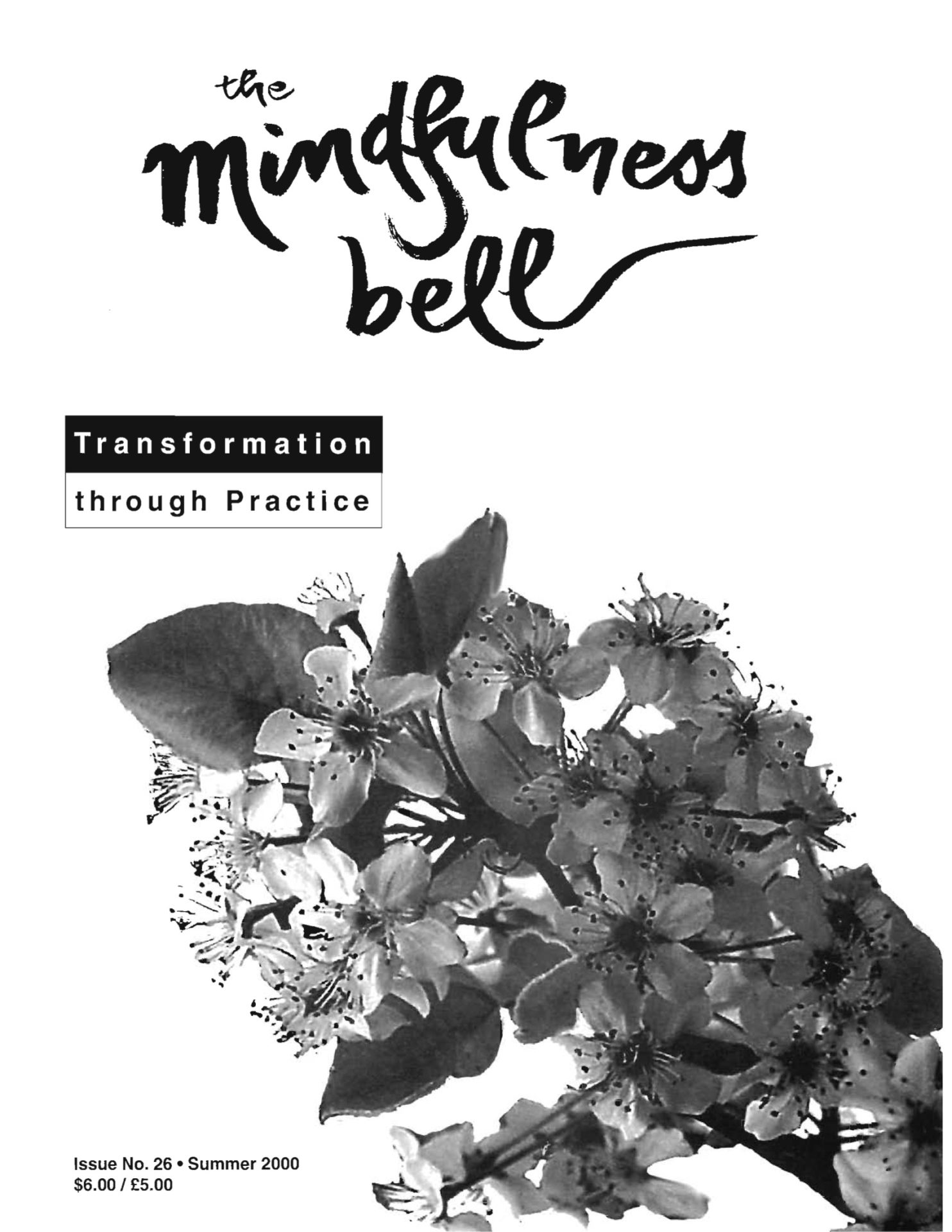By Leslie Rawls
At retreats and in Sangha discussions, friends often ask about the use of wine in religious ceremonies in light of the Fifth Mindfulness Training’s prohibition on alcohol. Some practitioners are comfortable offering juice instead of wine, and are in a position to suggest the change. But for others, wine is an important part of a spiritual celebration. Some Christians believe that during Holy Communion, the wine transforms into the blood of Jesus, so that they are not drinking wine at all.
By Leslie Rawls
At retreats and in Sangha discussions, friends often ask about the use of wine in religious ceremonies in light of the Fifth Mindfulness Training's prohibition on alcohol. Some practitioners are comfortable offering juice instead of wine, and are in a position to suggest the change. But for others, wine is an important part of a spiritual celebration. Some Christians believe that during Holy Communion, the wine transforms into the blood of Jesus, so that they are not drinking wine at all. Wine has long been part of the Jewish Seder. Lay members of a spiritual congregation may face the choice of drinking sacramental wine or foregoing a sacred ritual. In our Dharma discussion group at Omega last fall, two clergy wanted to receive the Five Mindfulness Trainings, and wondered if they could continue to offer the communion chalice to parishioners. Sister Chan Khong, who was in our group, explained that the Training does not prohibit using small amounts of wine as a sacrament in religious ceremonies.
We undertake the Fifth Training, aware of the damage caused by alcohol abuse and intoxication. When we refrain from drinking the first glass of alcohol, we will not take a second glass and become drunk. Our not drinking helps create a safer world for ourselves and our children. Thich Nhat Hanh has said if we are not ready to give up a glass of wine with dinner or other "casual" drinking, then we should wait to take this Training. In For a Future to Be Possible, Thay encourages us to consider nonalcoholic choices in religious ceremonies, when we can. Some rabbis and priests have told him this is possible. But not all practitioners are able to make this change, and for them, the choice is not so simple.
In religious ceremonies, a very small amount of wine is offered as a sacrament; this is not the sort of drinking that leads to more drinking and intoxication. Sister Chan Khong told our Dharma discussion group that when some Christian friends in Germany invited her to share the sacrament with them, she took the small sip of communion wine in mindfulness. When juice cannot be substituted for wine without strong disrespect or abandoning an important ritual in our root tradition, we can mindfully take a small sip of wine as a sacred act without violating the heart of the Fifth Mindfulness Training. But let us not forget the great suffering related to alcoholism among clergy, as we continue to encourage use of non-alcoholic beverages in our sacred rituals.
Leslie Rawls was raised in a Presbyterian church that used grape juice for communion.

